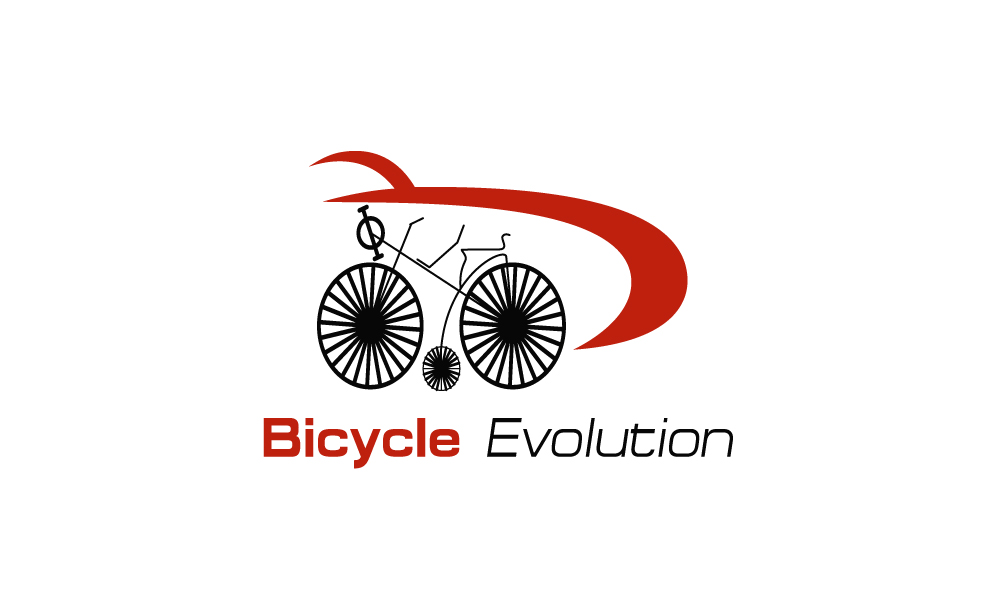
16 CFR 1512.2 Definitions. (abbr)
-
For the purposes of this part:
(a) Bicycle means:
(1) A two-wheeled vehicle having a rear drive wheel that is solely human-powered;
(2) A two- or three-wheeled vehicle with fully operable pedals and an electric motor of less than 750 watts (1 h.p.), whose maximum speed on a paved level surface, when powered solely by such a motor while ridden by an operator who weighs 170 pounds, is less than 20 mph.
-
(g) Recumbent bicycle means a bicycle in which the rider sits in a reclined position with the feet extended forward to the pedals
According to the literal definition of 16CFR1512 these may not be bicycles – regulated by the consumer product safety commission
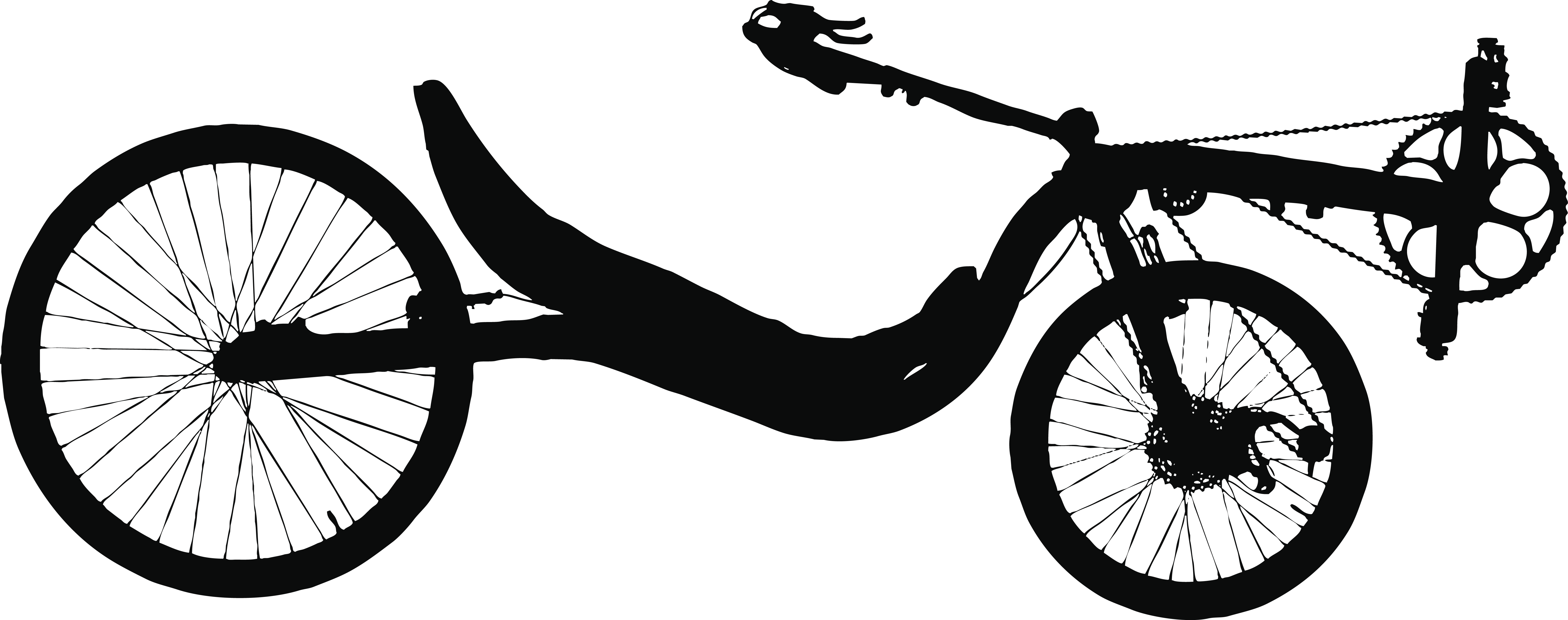
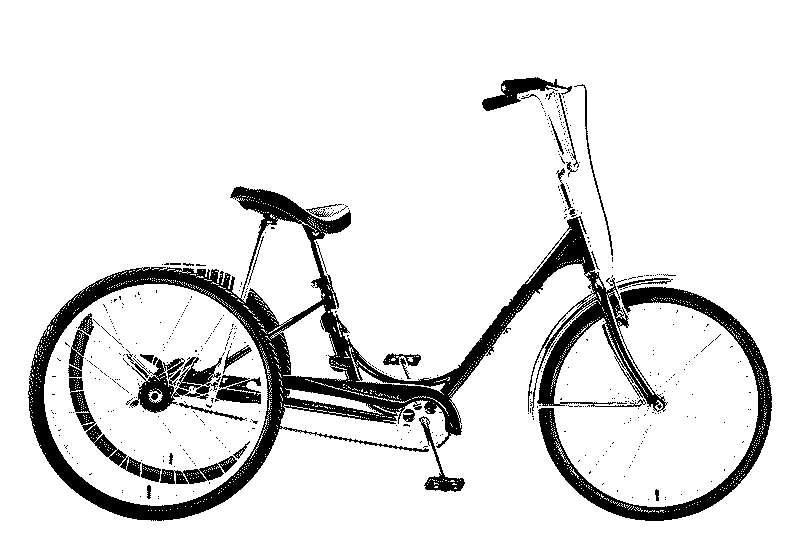

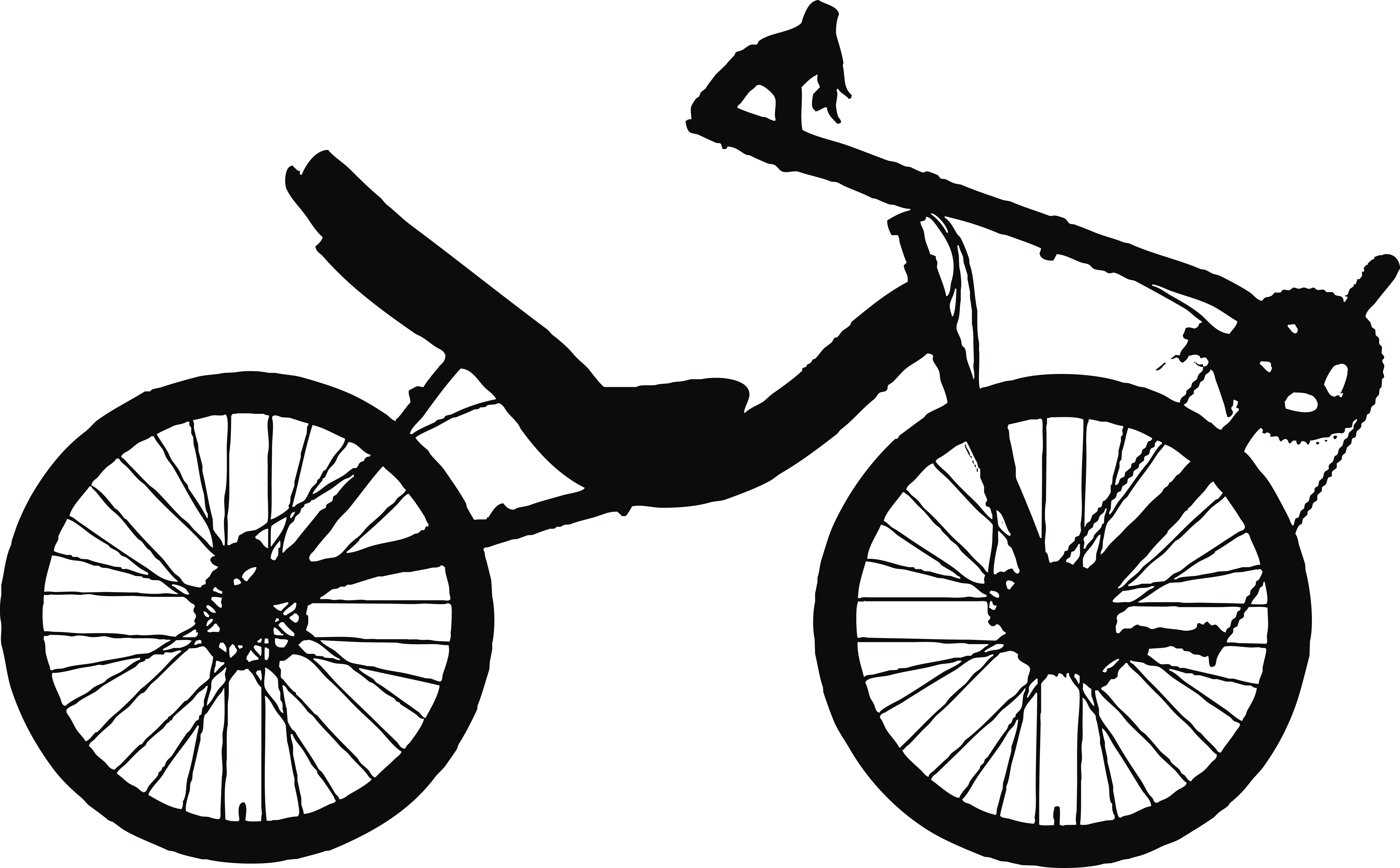
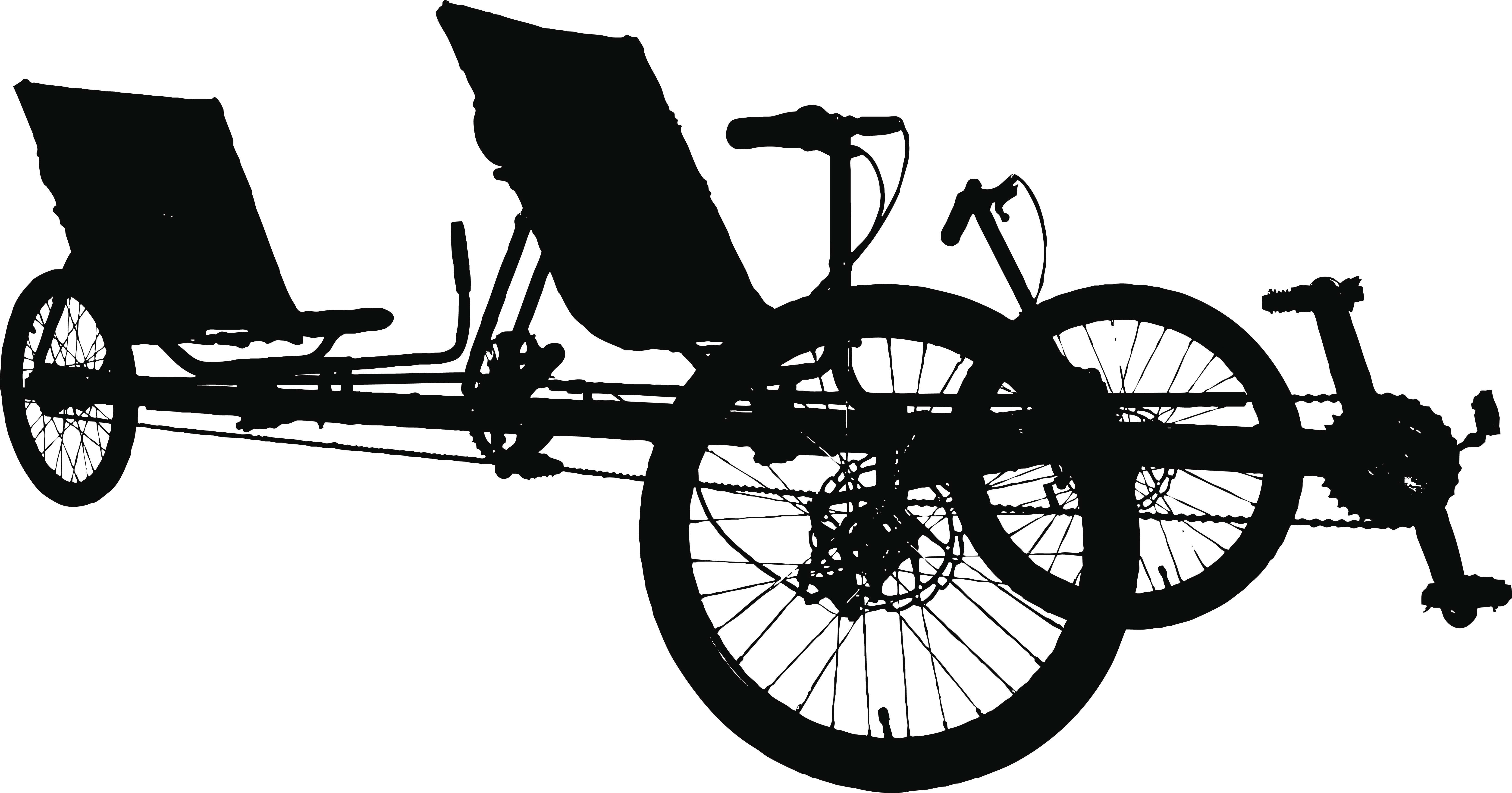

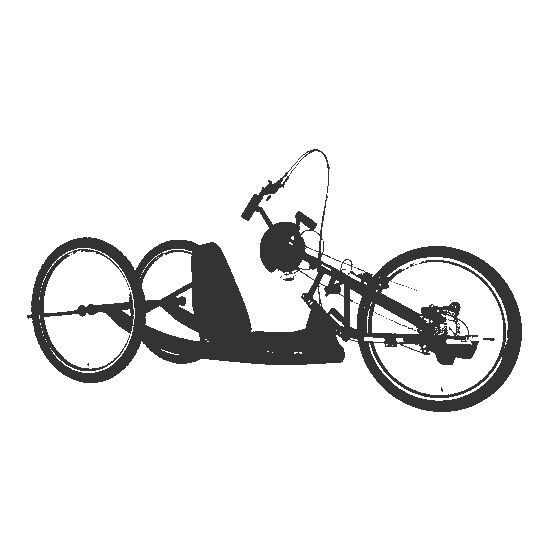
-
Human Powered Tricycles, – the configuration doesn’t matter Delta tadpole or even traditional or kids trikes See section (A2) above .. its clearly states “AND” a motor
-
Human Powered Front Wheel Drive Bicycles
See section (A1) above, it says rear-wheel drive -
Handcycles —
if they are not rear wheel drive which most are not -
Quadracycles, cargo bikes, unicycles etc
In fact a whole lotta things we sell and ride today appear not to be covered as consumer products


What about velomobiles?
Maybe
In 16CFR1512 there is another definition, but its a bit sketchy as it says “bicycle” meaning it could be subject to (A 1&2) above
(e) One-of-a-kind bicycle means a bicycle that is uniquely constructed to the order of an individual consumer other than by assembly of stock or production parts
Does this mean I can’t ride my trike?
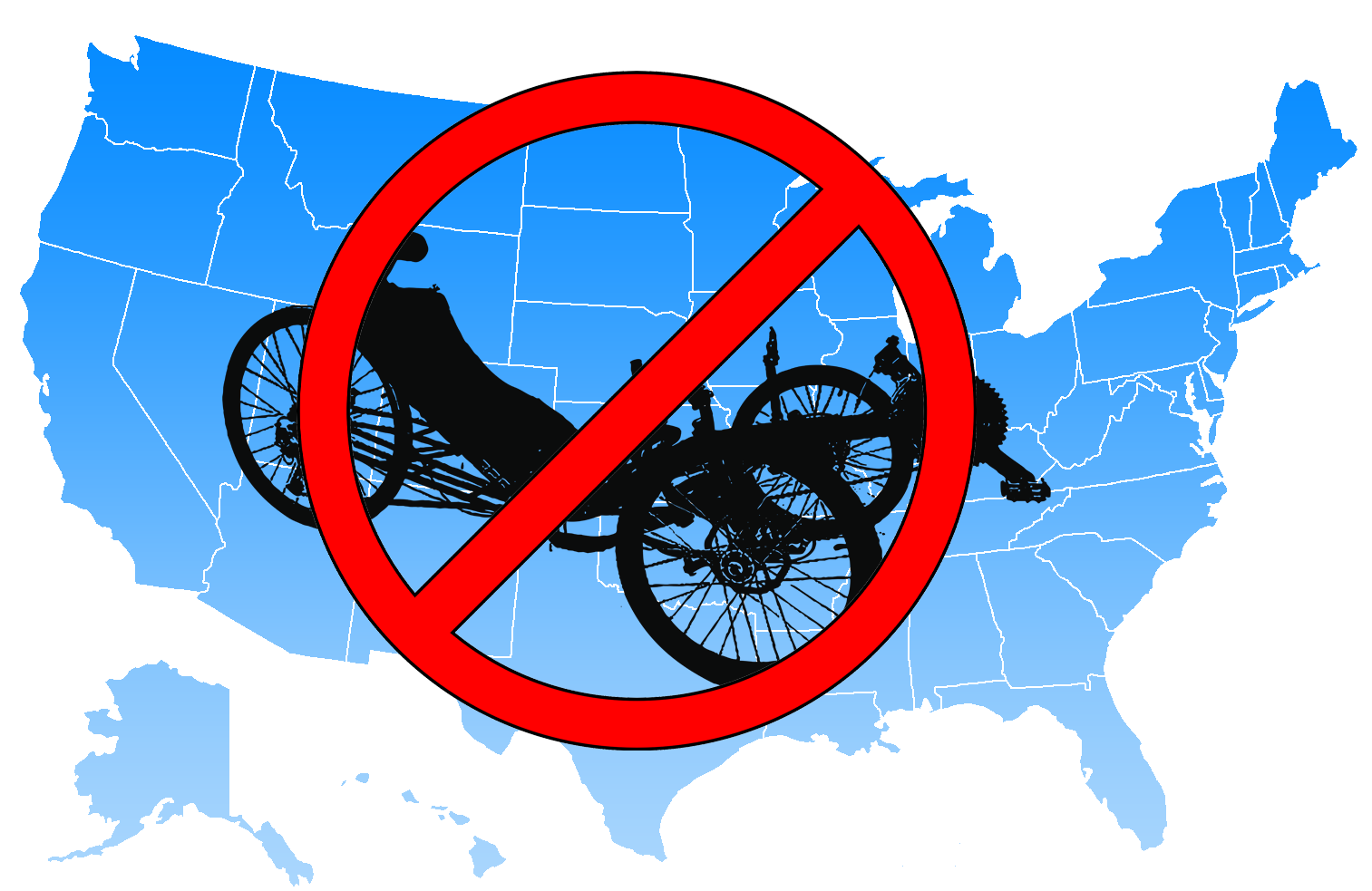
What this means is that these vehicles are not regulated by the CPSC. Specifically, they are not covered as 16CFR1512 as consumer products.
Where are they regulated? Well, that’s a scholarly question – we don’t know. Probably somewhere inside of the NTSB but I’m pretty sure they don’t know this either.
Can you ride? Well, that’s not a matter for the CPSC, that’s a matter for states to decide as they control their roads. But the states all have different opinions on what is a vehicle, what is a bicycle, and what you can do and where.
Want More Information? Watch our videocast here!
Or jump directly to any of the topics
Want to contact us, or anyone else? scroll down for our information and a contact form, email, telephone number etc.

4101 East Park Blvd #138
Plano Texas 75094
+1 214-556-0997

